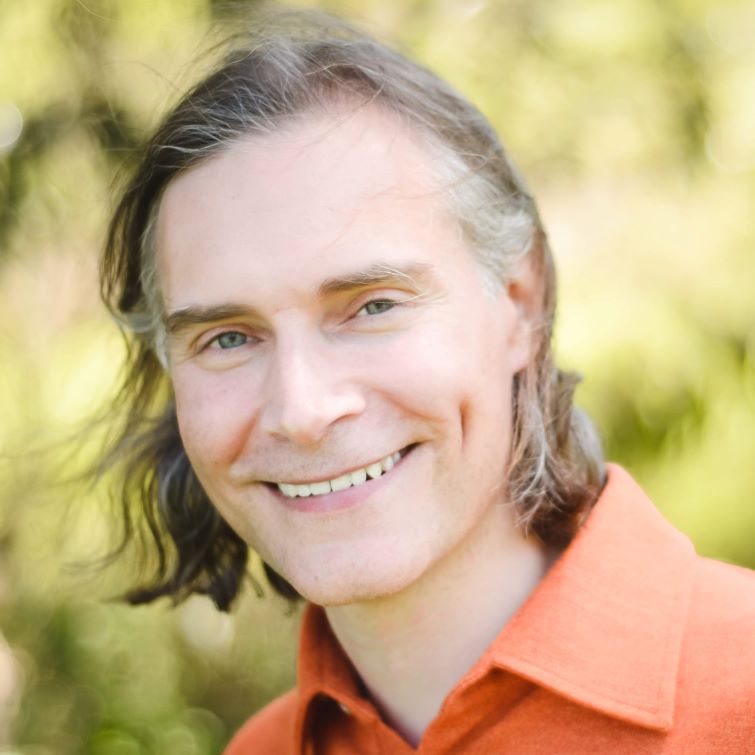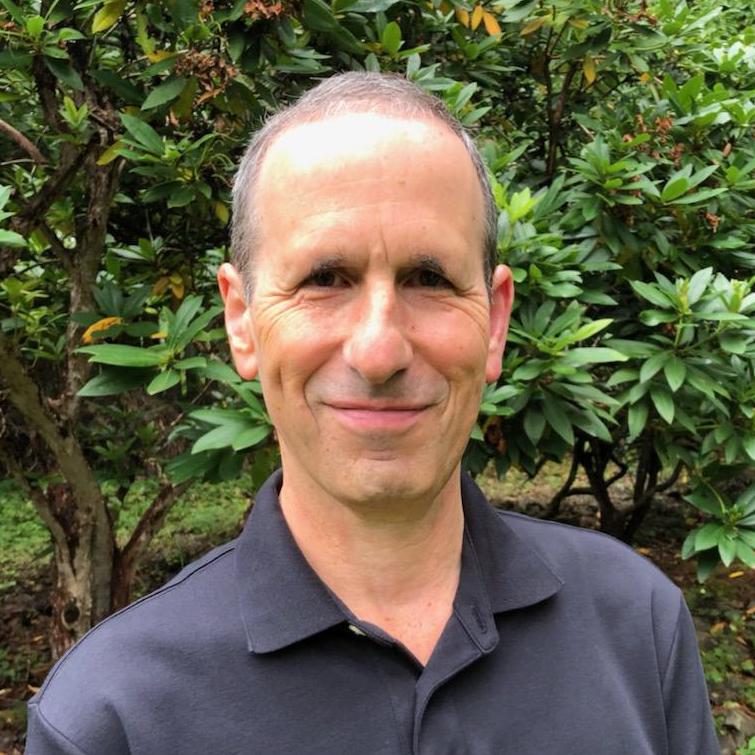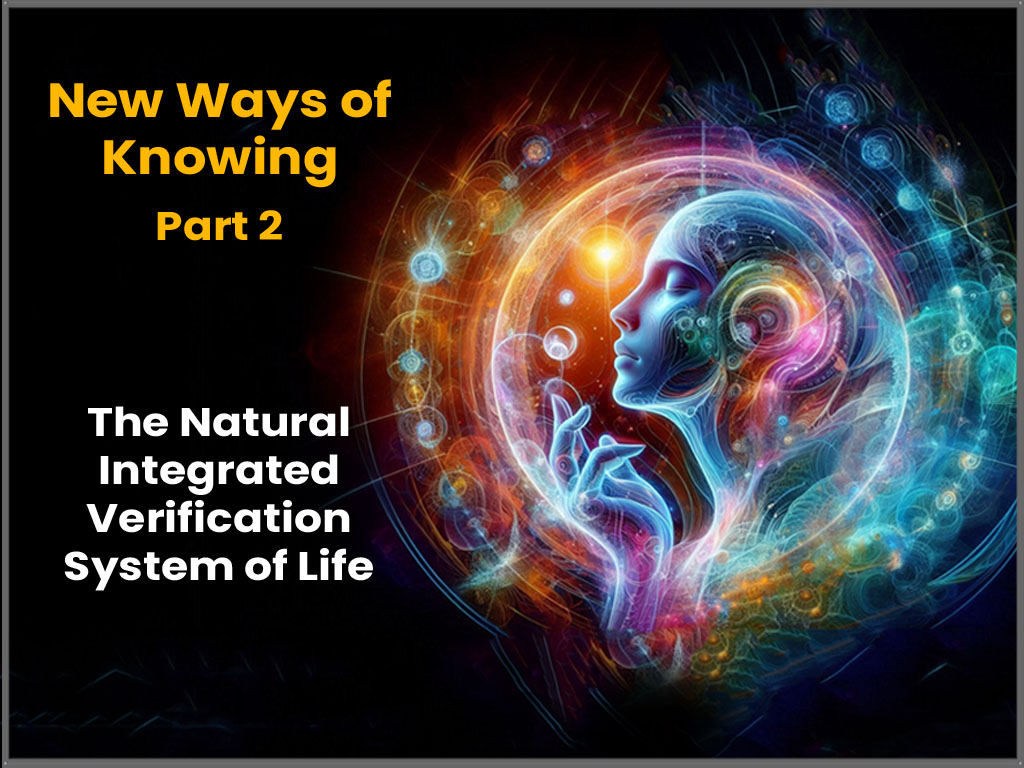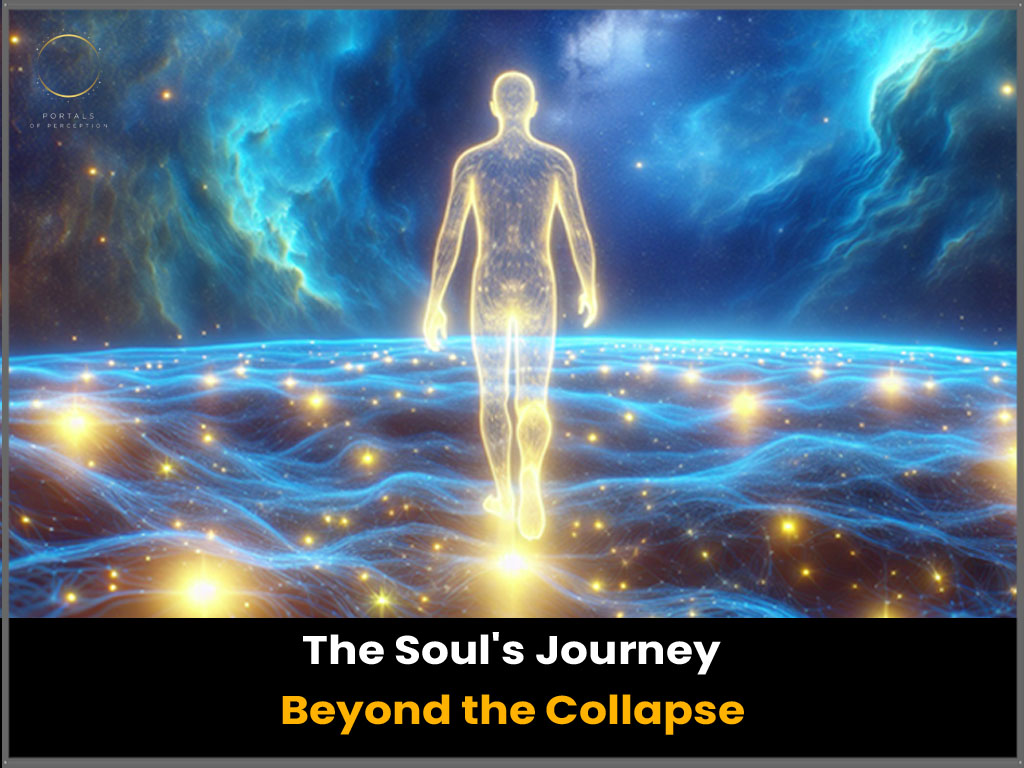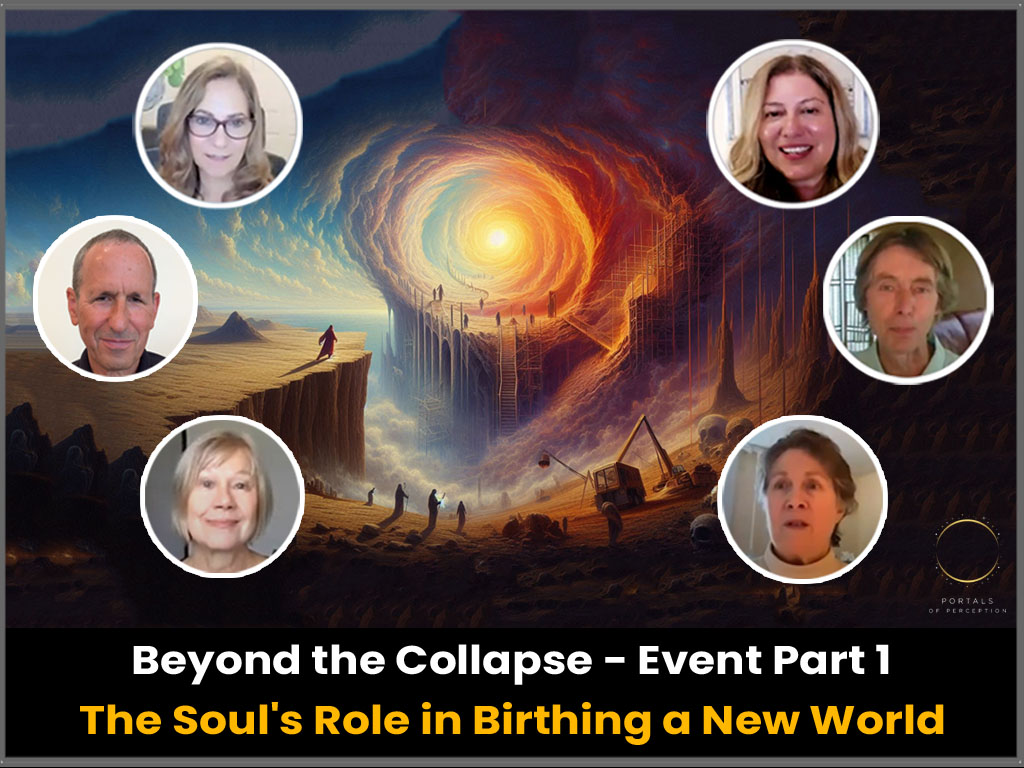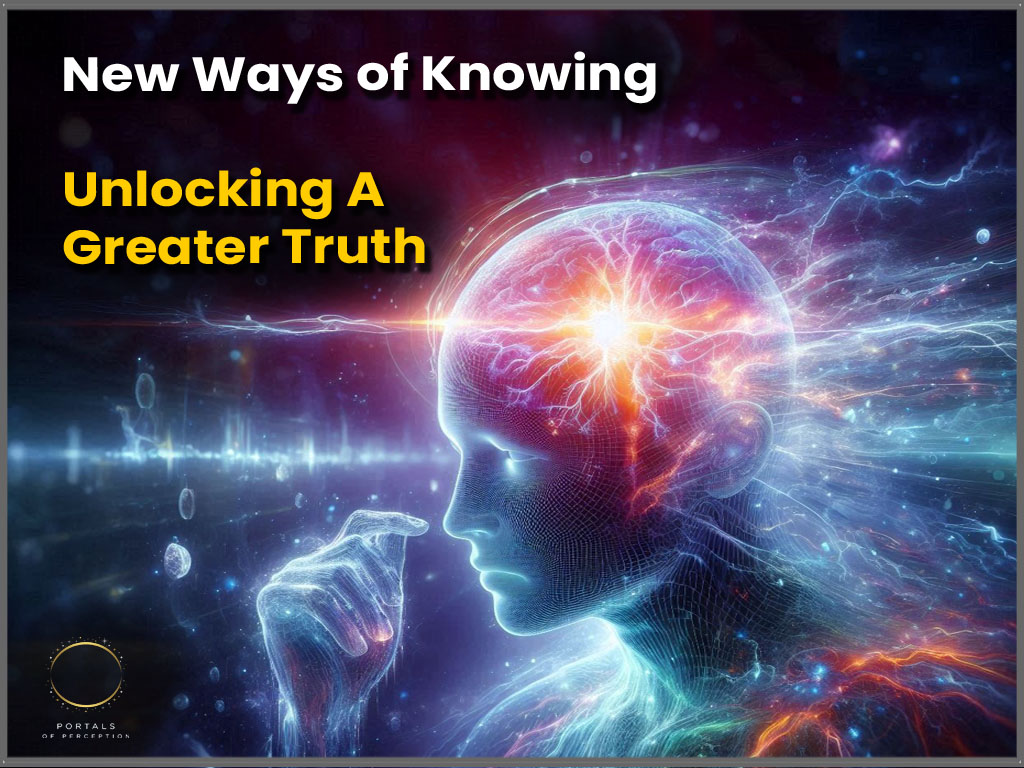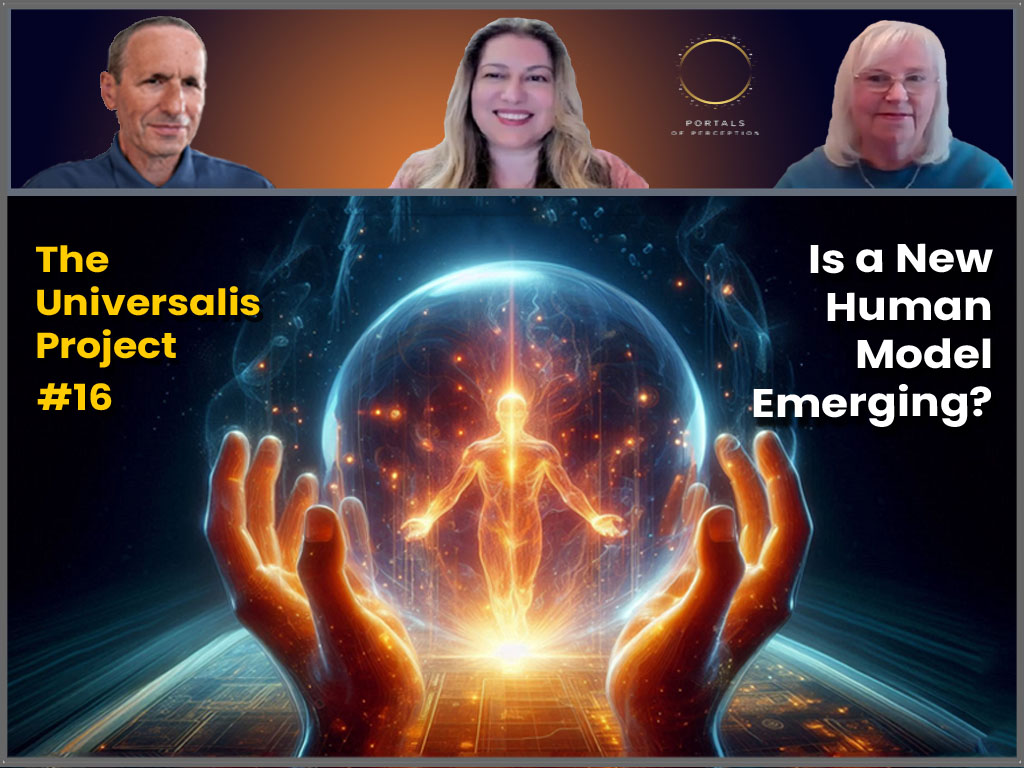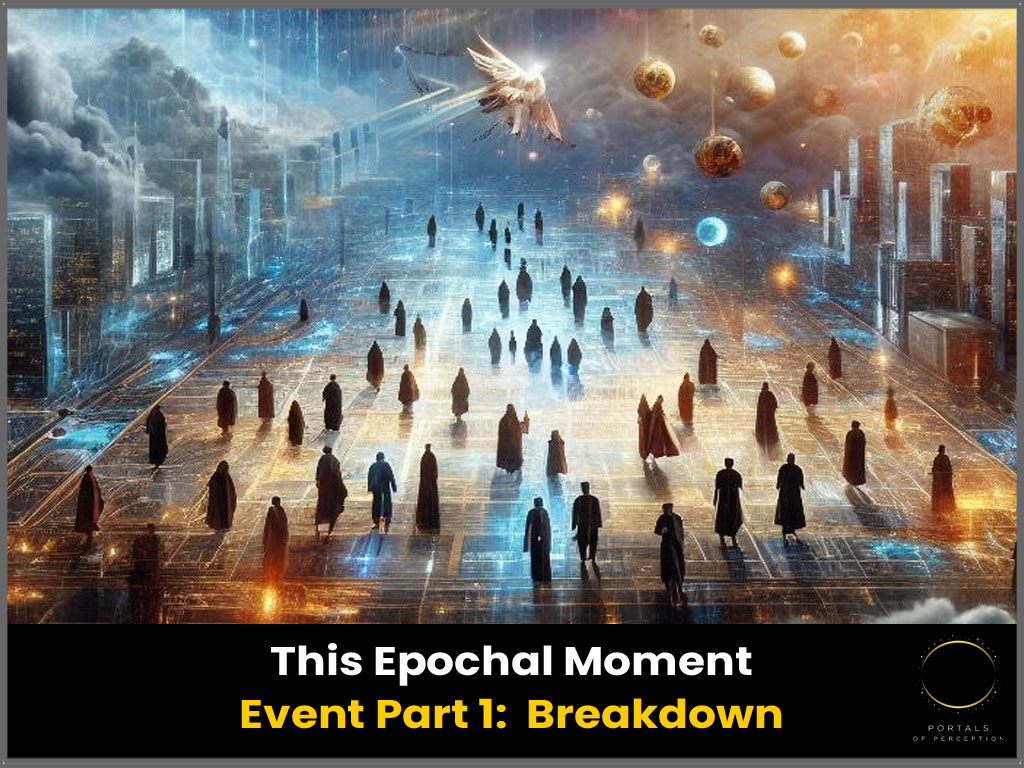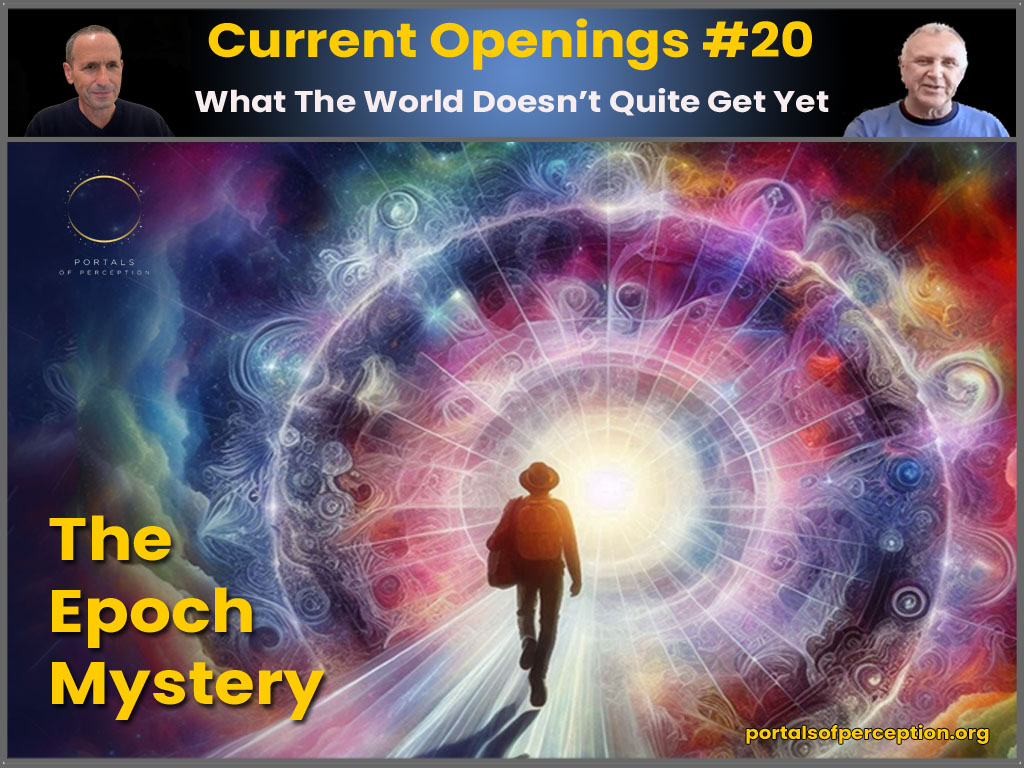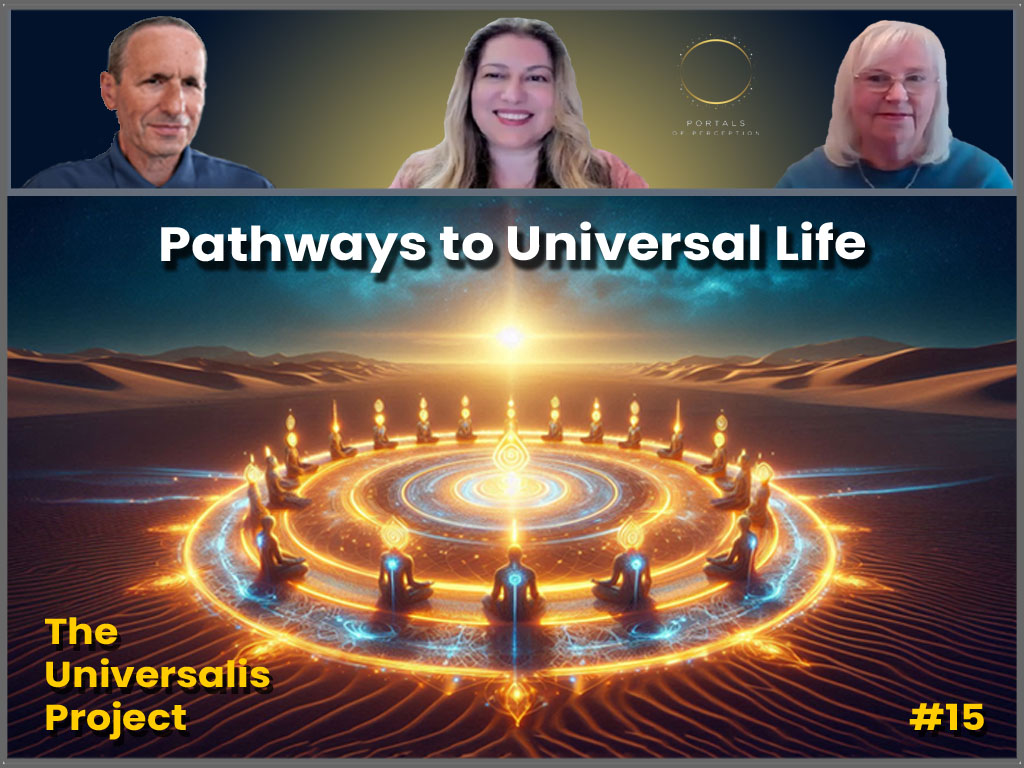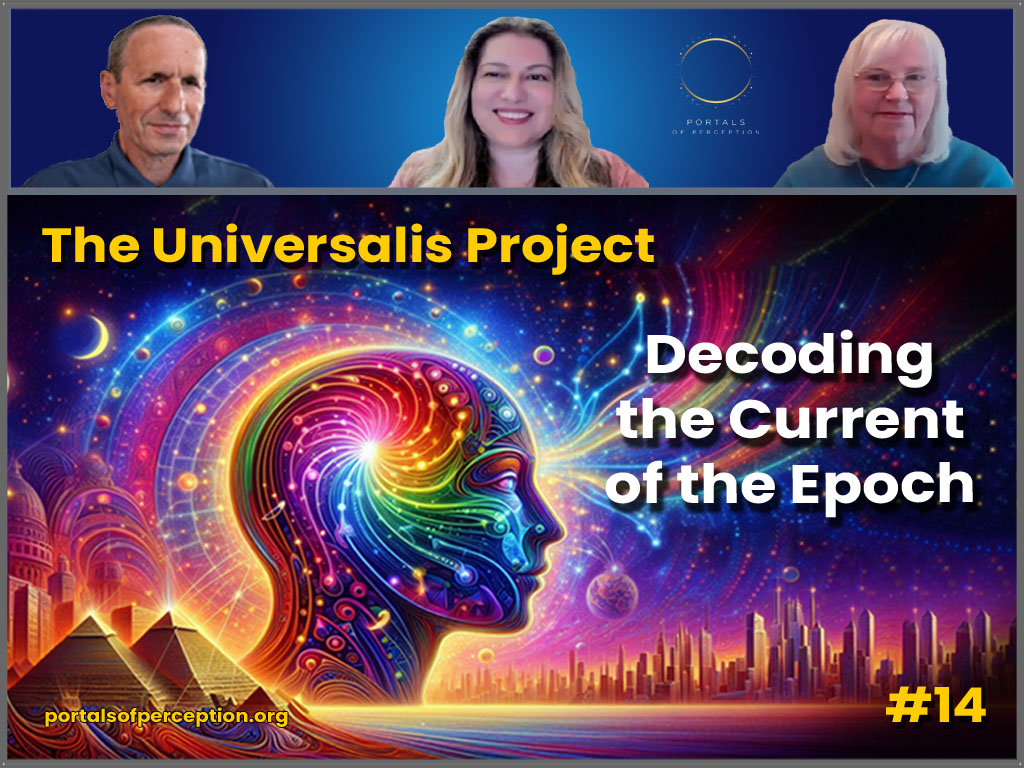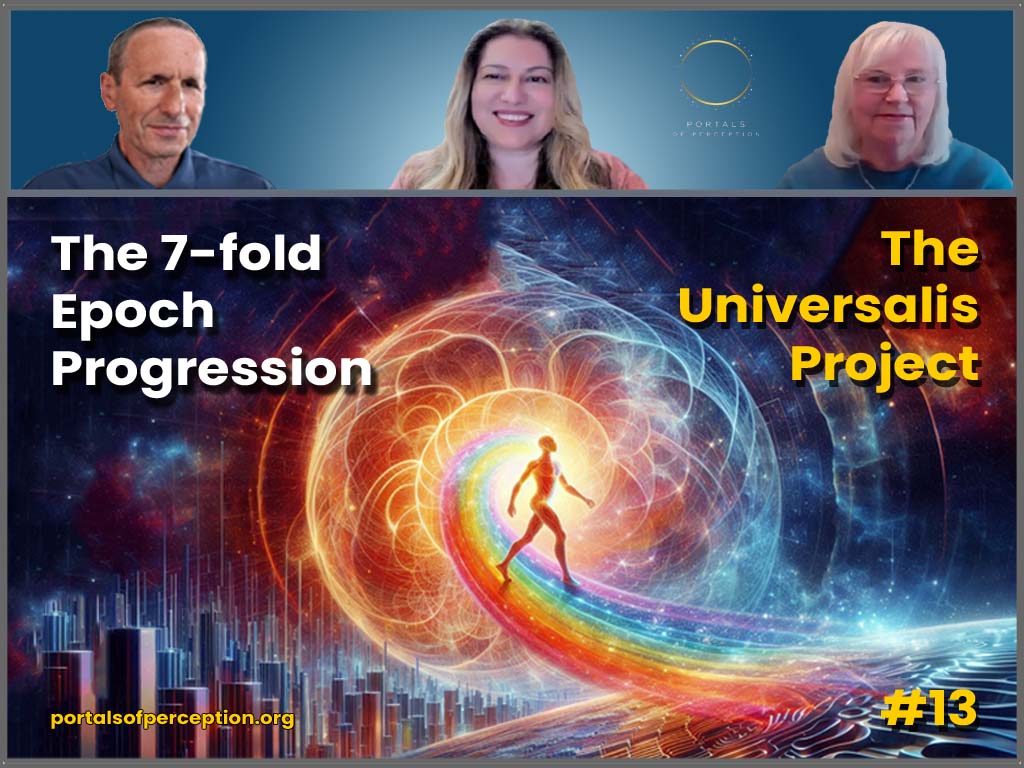
Jeff Vander Clute: There are all kinds of questions. How has the system evolved over the generations? Because it doesn't feel like it did in the 1960s. And some people wish it were more like the 1960s, and some people feel it needs to be something very new now that is more 21st century in vibe. So those conversations are happening and there is a sense I have that this is a time for renewal.
And it's not just about people with gray hair holding on to the past that, to some extent, is what needs to be released, but there's enough new energy that it can be released gracefully.
Aviv Shahar: And the challenge in, as we know, in every system - can the system update itself and find a way to honor and uphold certain core permanent lines that were part of its initial arising
and constitution such that there is an evolutionary trace of the endeavor, but one that's inclusive of its past rather than dismissive of its past? And these are natural impulses. We see these with spiritual communities, we see these with companies that are looking to regenerate and renew themselves, and there is this two-vectored direction, going back to our roots to discover who we were when we started, and also going to discover what are the new fruits that we are about to bring to the world, and allowing those energies to merge in a new emergence rather than to conflict into the new time.
So in the Findhorn case study which we have before us, the three founding principles are every bit as applicable today: inner listening, co-creating with the intelligence of nature, and work as love in action. So those continue to be very resonant and very aligned.
But then the question that comes to me is, in service to what? So what is it that the community can bring forward now, at this time in history or herstory?
